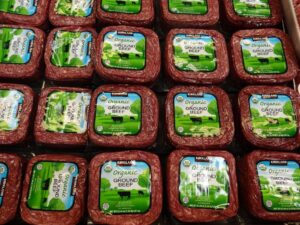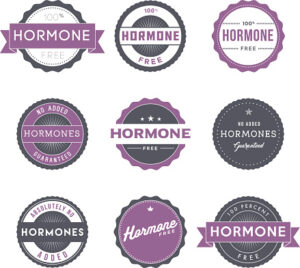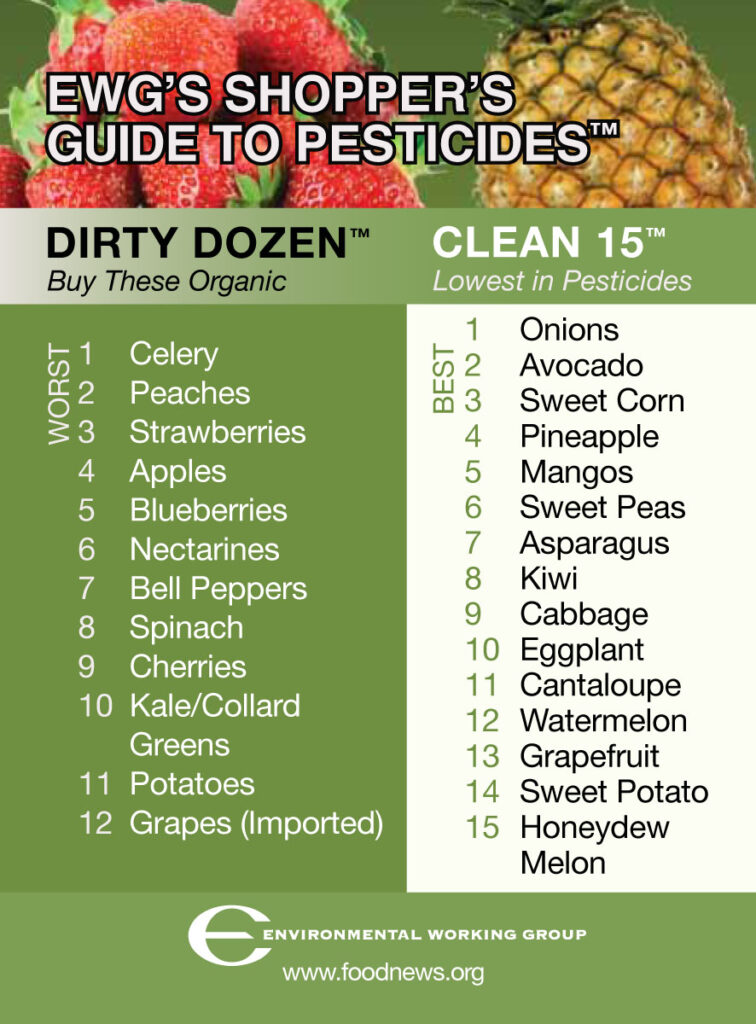The Basics: What you Want to Know About Going All Organic
You may have noticed your friends or family members moving to an organic diet. It may have left you curious about what exactly organic diets are. If this is the case, then you are not alone! Once you are done reading this article, you are sure to get on the bandwagon as well.
To put it short, organic diets are aimed at giving your energy levels a boost and improving your overall health –mental and physical! Organic diets are a quick way to detoxify your body as well. And, they seek to help the environment as well, making it a win-win for all!
So, if you are thinking of getting on board and changing your lifestyle for the better, then incorporating an organic diet can do wonders. You’re sure to see a difference in your mental and physical health in a matter of just a few weeks. Here is a breakdown of what an organic diet entails.
What Is An Organic Diet?
To start off, organic diets seek to combine a mix of agricultural produce and livestock that is grown in living conditions that are natural i.e. they are devoid of synthetic fertilizers, herbicides, bioengineered genes known as GMO in short, and pesticides.

Organic Fruits and Vegetables
For organic agricultural produce such as fruits and vegetables, manure is often used as fertilizer as compared to commercially grown produce that uses synthetic fertilizers. In addition, weeds are removed by hand or via the use of organic herbicides.
Similarly, pests too are controlled using natural methods such as making use of insects, traps, or birds. The use of synthetic pesticides is strictly avoided as they may seep into the produce, thus finding their way inside the human body.
Organic Meat and Animal Products
On the other hand, organic livestock also incorporates the same procedures. Organic meat, eggs and even dairy are produced by rearing livestock using organic feed that is free of any GMO or growth hormones. Natural methods such as rotational grazing and clean housing are used to prevent disease outbreaks among the livestock.
That’s not all, these natural processes of raising livestock also seek to allow the livestock to have access to the outdoors, this characteristic is often absent when it comes to commercial livestock farming where livestock is confined in small and closed spaces. If you wish to help prevent animal cruelty, you can look for items at the grocery store that comprise of “100% grass-fed” or “pasture raised” labels. 
Benefits of An Organic Diet
An organic diet has several health benefits for the body. Combined with environmental benefits, it’s a sustainable and altruistic approach towards helping the environment heal. Here is a list of some of the additional benefits of going all organic.
1. They’re Nutrient-Rich
Compared to commercially grown fruits, vegetables, and livestock, organic products have more nutrients in them. This is because they are devoid of Genetically Modified Organisms (GMO). This helps keep the DNA of the produce intact, making it healthier and more flavorful.
2. Minimal Presence of Carcinogens
Synthetic pesticides and fertilizers often have heavy metals and carcinogens in them that are absorbed by the food items – making them harmful for human health. These chemically laced items used in commercial farming have often been linked to cancer, Alzheimer’s disease, birth defects and can potentially harm the nervous system. They are also the main culprit in behavioral disorders, developmental delays, and autism in children and babies.
3. No Hormones or Antibiotics
Commercially reared livestock is often injected with antibiotics and hormones to prevent the outbreak of diseases. This helps farmers raise animals in unsanitary conditions that are crowded in nature. They are also given hormones to speed up growth and aid in more milk production. These hormones and antibiotics have unfortunately been proven to create antibiotics resistance among humans, leading to higher medical costs, hospital stays, and an increase in mortality rates.

Here are the 9 different hormone free labels to look for when purchasing organic, hormone free foods.
4. More Antioxidants
Organic fruits and vegetables have a higher content of antioxidants present in them. Antioxidants are crucial for the body, especially with the widespread amount of pollution around. They help repair cells and slow down cell damage. Organically grown onions for instance have been proven to have more antioxidant properties than regular onions, so be sure to grab them if you come across them at the grocery store.
5. They’re Fresher
Since the number of preservatives present in organic foods is lower, they tend to be fresh when you purchase them. The consumption of fresh foods thus helps improve your gut health and flushed out your system from any toxins. This is not only a great way to improve your immunity but also help heal any inflammation that may have occurred in your body from consuming processed foods earlier on
Organic Foods to Stock Up On
There are several organic products that you can come across in our grocery store. However, they are fresher they are, the more costly they may be. This is the downside of organic foods. But, this should not stop you from going organic. You can start slow and slowly build up. In fact, you may not even need to buy organic fruits and vegetables all the time. There are several agricultural products that are grown using minimal amounts of pesticides. These include sweet peas, avocados, eggplants, papaya, grapefruits, and even mushrooms!
The Key Takeaway
An organic diet is one of the best ways to help yourself and the surrounding environment. It may be a bit expensive, but it is truly worth it. The long-term benefits are sure to exceed the costs. By staying mentally and physically fit, you are sure to prevent several diseases and infections from developing in your body. Thus, saving up medical treatments as you age.
If you are on board, then get into it right away! Clean out your pantry and remove all processed foods. Make a list of organic products and load up your refrigerator. Try it out for a week, your body will thank you for it!

This is EWG’s recommended grocery list for fruits and vegetables to buy organic. (Credit: foodnews.org)

